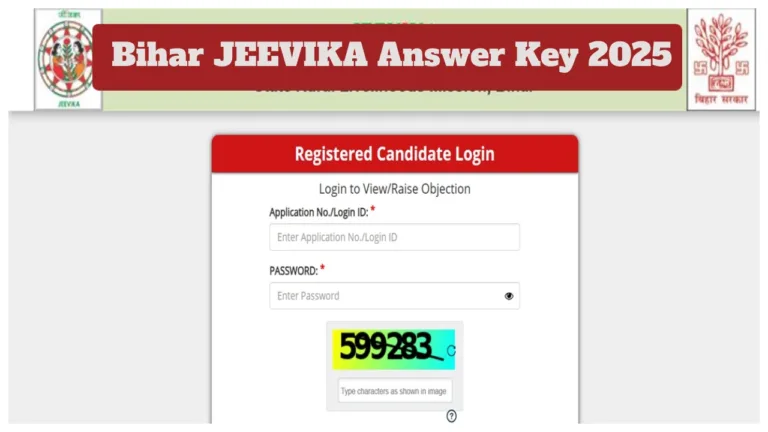Numerous transactions are conducted from the savings account. In which the repayment of loan EMI, payment via UPI, and cash withdrawal from debit card are carried out. Just so you know, you can add any sum of money to a savings account, but there are certain regulations regarding withdrawals. Should you breach these regulations, you could also face a penalty. Additionally, income tax notifications may also arrive.
What is the maximum amount I can deposit?
There is no restriction on the amount of money you can deposit in the bank, as long as you have full knowledge of the deposited sum. If the bank receives more money than required, you may receive a letter from Income Tax regarding it. Thus, it is essential to always possess full details regarding the source of the deposited funds. In order to prevent any type of issues.
Simultaneously, if over 50 thousand rupees are put into the savings account, the bank applies a different regulation for that. To do this, you need a PAN number. Cash deposits of up to Rs 10 lakh are allowed in a financial year. Depositing beyond this amount may attract attention from income tax authorities.
How does the Income Tax Department obtain information?
The role of the Income Tax Department is to monitor both legal and illegal earnings of individuals. To achieve this, they monitor all accounts closely that have higher transaction activity. If the deposit exceeds 10 lakhs, the department may request an explanation for your funds. Besides this, details regarding these accounts are provided to the Income Tax Department during the financial year (April 1 to March 31).










